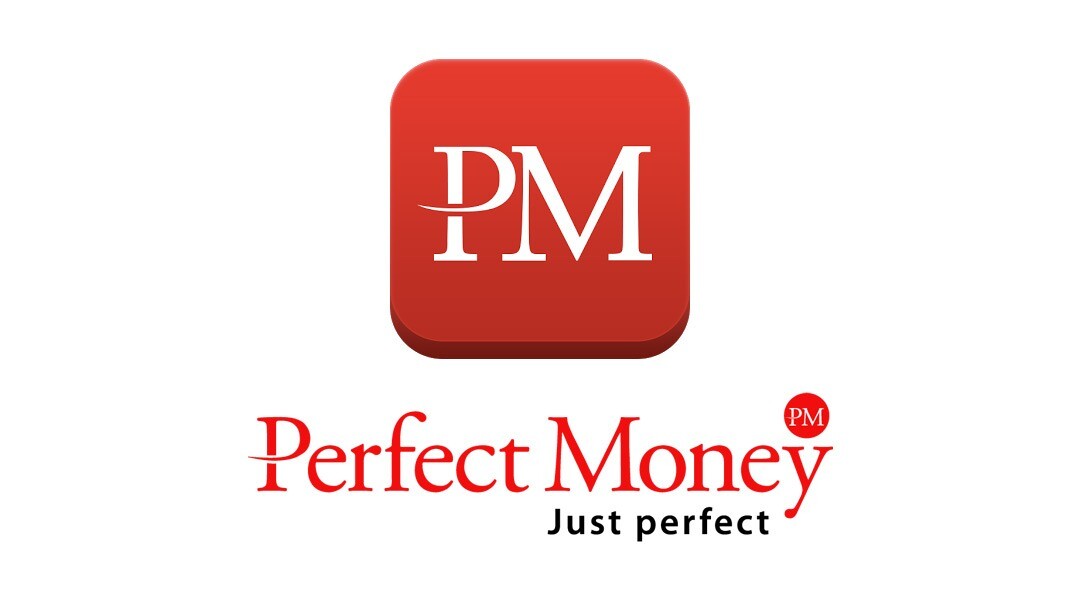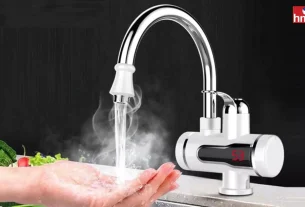There wasn’t a time in history when women didn’t struggle with access to business capital. From investor equity to bank loans, female entrepreneurs still face obstacles.
One option is to apply for a working capital loan. These funds can be used for a variety of purposes and don’t require collateral or perfect credit.
Long-Term Loans
As a female entrepreneur, you might need to secure funding for long-term goals like buying equipment or opening a new location. You can find such loans at banks, credit unions and online lenders. They range from a few months to a few years and can be secured with different collateral requirements.
While standard business loans require good to excellent credit and may have high interest rates, some financial institutions offer programs specifically for women or minorities that have more flexible qualification standards. Mission-based nonprofit organizations also sometimes offer microloans to small businesses in historically underserved communities, including those owned by women, people of color and veterans.
Non-banking financial companies such as Kinara Capital provide Business Loans for Women that don’t require collateral, which eliminates the main debacle for many women entrepreneurs. Registered women MSME owners can evaluate eligibility in just 1-minute using the company’s digital-first application, and receive their sanctioned amount directly deposited into their bank account within 24-hours.
Equipment Financing
With equipment loans, the equipment you buy acts as collateral. This allows lenders to offer more generous lending terms, but it may also require a personal guarantee, meaning you’re personally responsible for repayment in case of a default. Lenders typically want to see strong business plans that clearly demonstrate how the equipment will improve the company’s profitability and generate a return on investment before offering this type of financing.
Many equipment vendors offer in-house financing, which can be easier to qualify for than loans from banks and credit unions. If your business has a tight cash flow, you can consider becoming a certified woman-owned small business, which can help you compete for government set-aside contracts and other public sector work. The Office of Women’s Business Ownership operates more than 130 centers throughout the country, which can provide guidance on obtaining certification, finding capital and growing supply chains. Many of these centers also offer business training.
Alternative Lenders
Women-owned businesses have an important role to play in our economy. They provide job growth and promote diversity and equality in the workplace. Yet, historically they’ve struggled to secure financing to grow their businesses.
Many women business owners find themselves rejected for loans because of a poor personal credit score or lower operating capital. Thankfully, new lenders are filling the lending gap for women in business. They offer a wide range of small business financing products including short-term working capital loans, mid-term fixed-rate loans and more creative arrangements like invoice financing.
One of the most popular options among these companies is a business credit line, which works similarly to a credit card but has much lower interest rates. Using this type of financing wisely and consistently making your payments on time will boost your business’s credit history and improve your chances of obtaining business financing in the future. The National Association of Women Business Owners also offers resources, including help for startups and alternative lender programs.
Small Business Grants
Raising capital for your business is an essential part of becoming a successful entrepreneur. Fortunately, a number of government agencies, universities and private organizations provide small business grants for women that can help you level the playing field and address gender-related issues when it comes to acquiring funding.
Grants are different from loans because they are free funds that don’t need to be repaid in most cases. They’re often given out by local, state and federal governments in addition to philanthropic organizations and private companies.
Some of these programs provide support services, such as mentorship and networking opportunities, to go with the financial grant. These additional benefits can be just as helpful in boosting your business as the money you’ll receive from the grant. Often, the grant will be recognized publicly, which can also help you build credibility and trust with investors and potential collaborators. One example is the StartHER Grant from Texas Woman’s University, which provides 25 female entrepreneurs in the state with a grant of $5,000.loans for women in business




